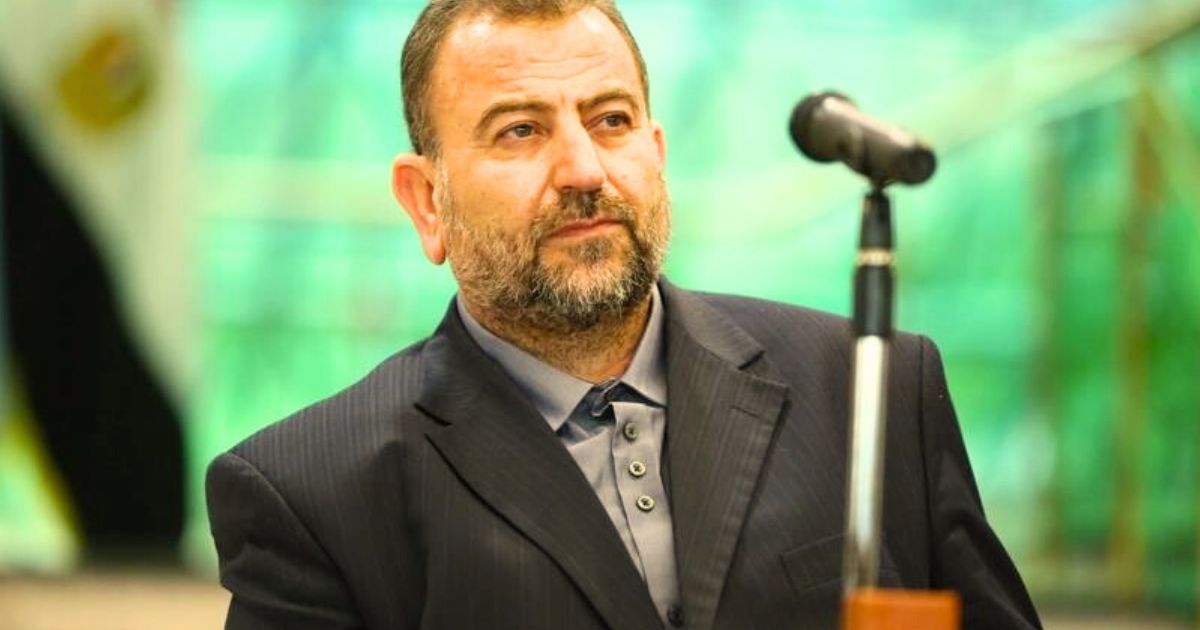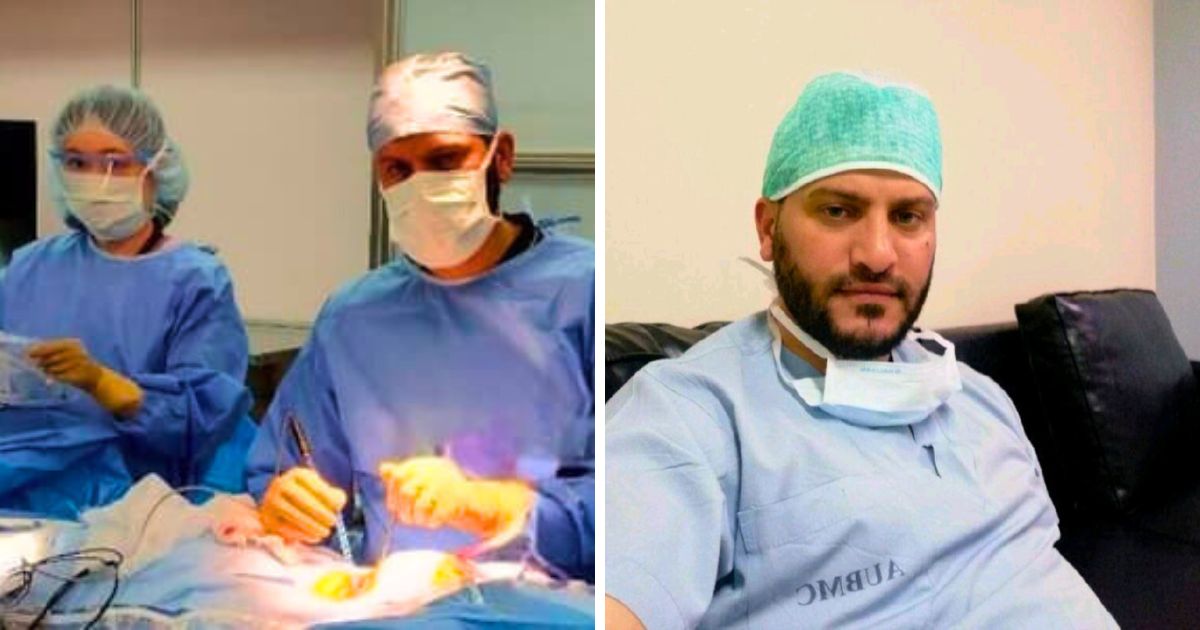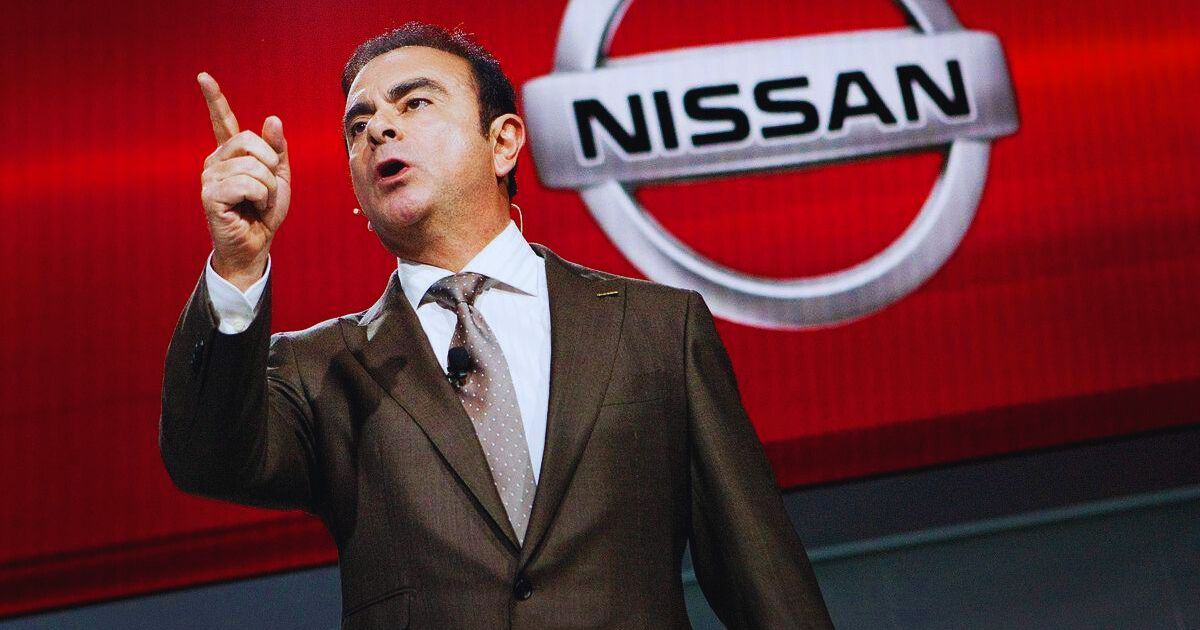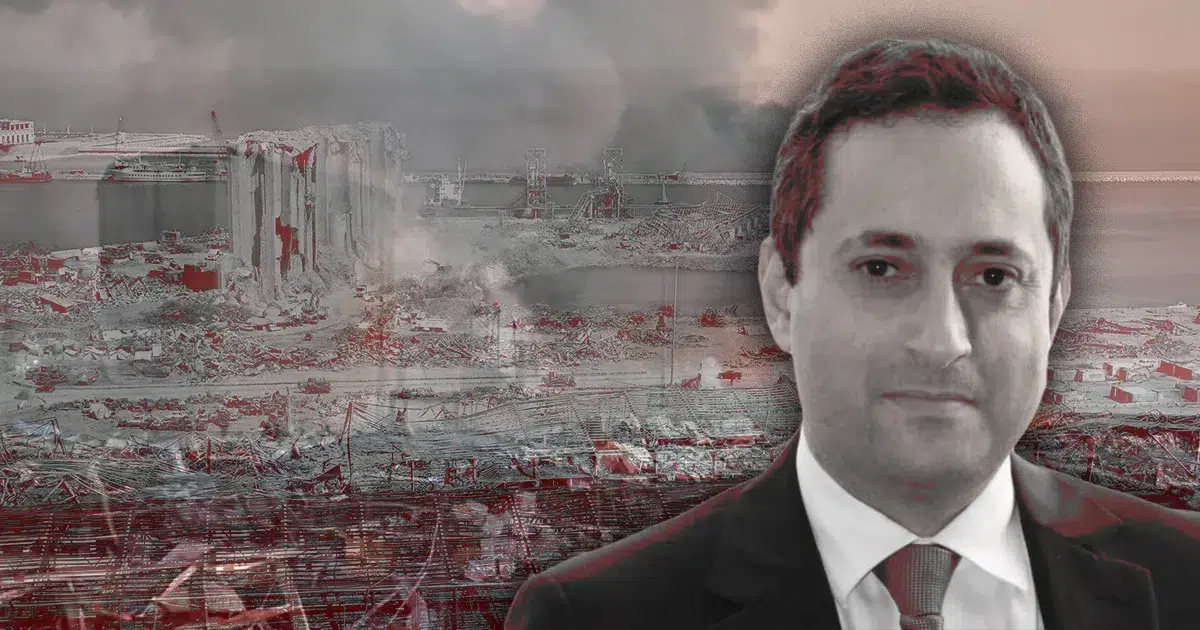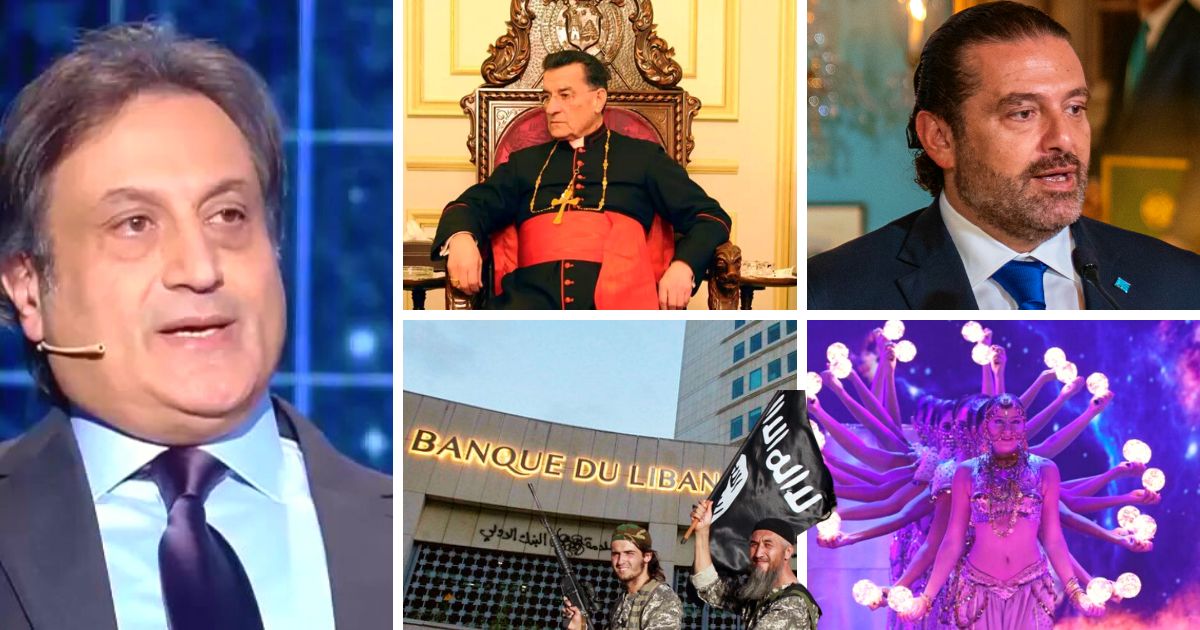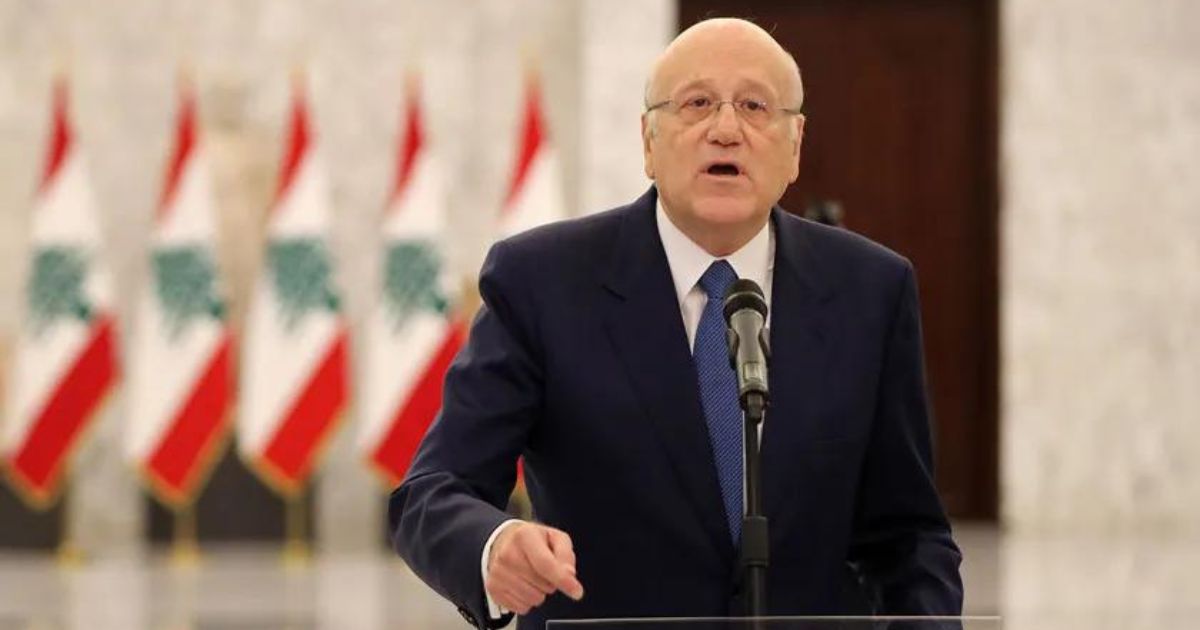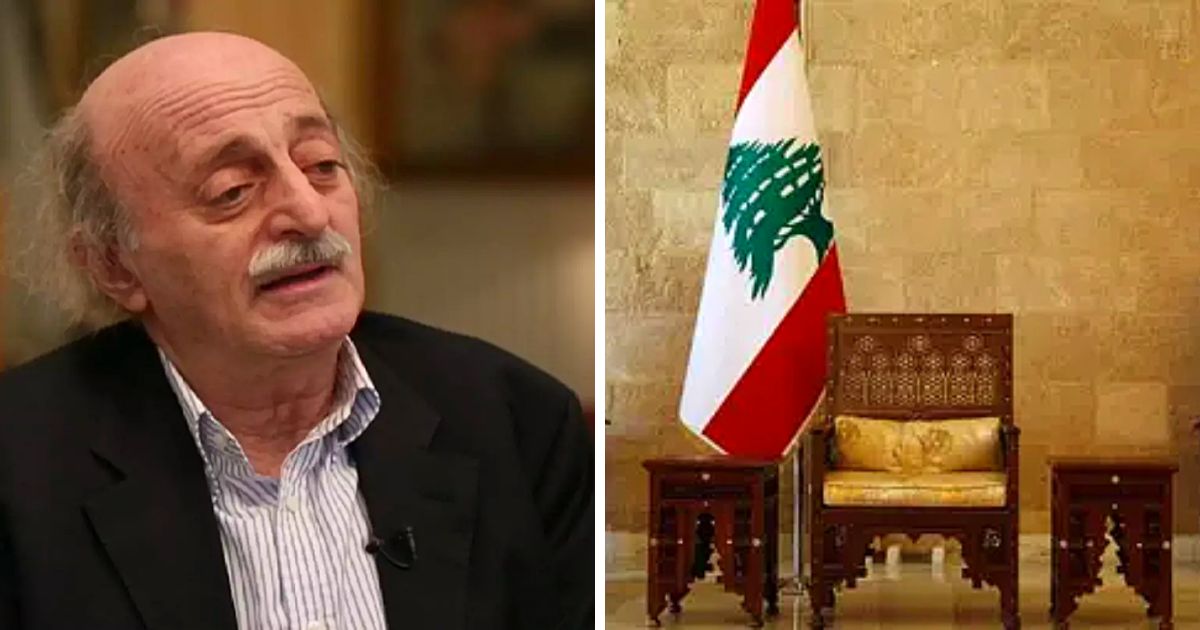With the decision of the Public Prosecutor Judge Ghassan Oueidat to grant him permission to stay in Lebanon, Carlos Ghosn expressed his relief at dealing instead with the Lebanese justice system and declared his readiness to serve Lebanon.
Ghosn was Interrogated on Thursday by the Chief of Criminal Investigation Dean Maurice Abou Zeidan under the supervision of the Public Prosecution Discriminatory.
He was then referred to Judge Ouaidat who decided to grant him a residence document with a travel ban in regard to the Interpol Red Notice.
As for the file of him entering Israeli territory and making a deal on behalf of Nissan, Judge Oueidat kept it pending for another future hearing in his office, according to MBS news.
At that, Ghosn revealed in a comment to LBC, according to MBS, that he felt more comfortable dealing with the Lebanese judiciary compared to the Japanese judiciary and that he “will fully cooperate with the Lebanese judiciary.”
Ghosn pointed out that his press conference on Wednesday was necessary for him to defend himself against charges he is innocent of and explain his reasons for fleeing Japan.
He found it “natural” that the Japanese weren’t convinced by his revelations in the press conference.
Ghosn also expressed his readiness to serve Lebanon with no intention whatsoever to be in politics.
Since his arrival in Lebanon, speculations are ongoing among the people that his outstanding achievements as a global businessman could bring him to take a position in the government to fix the current crisis.
After all, Ghosn has been known worldwide as “Mr. Fix It” for some two decades now.
He gained that nickname ever since he saved Nissan from bankruptcy when, in the early 2000s, he orchestrated one of the most aggressive downsizing campaigns in the auto industry and spearheaded the turnaround of Nissan.
It is to point out that Ghosn is not a normally smart businessman, but one of the most brilliant in the world.
He served as the CEO of Michelin North America; chairman and CEO of Renault; chairman of AvtoVAZ; chairman and CEO of Nissan, and chairman of Mitsubishi Motors.
When he assumed, in May 2005, the CEO roles at both Renault and Nissan, Ghosn became the first person in the world to run simultaneously two companies on the Fortune Global 500.
Ghosn took part in the strategic planning of the partnership of Renault, Nissan, and Mitsubishi, forming the Alliance through a complex cross-shareholding agreement.
By 2017, that Alliance was deemed the largest automobile group worldwide.
Since 2001 and up to 2017, Ghosn counts in his name some 19 awards and official recognitions.
Among them, ironically, a place in the Japan Automotive Hall of Fame (2004), the Japan Society Award (2014), and the prestigious Blue Ribbon Medal from Emperor Akihito of Japan (2014).
In 2001, he beat Bill Gates and several other notable businessmen by topping Time Magazine’s list of Global Influentials.
He was also listed in 2003 by Fortune Magazine as one of the 10 most powerful business leaders outside the U.S.
Fugitive or not, a man of such caliber showing up in Lebanon at this time does bring the Lebanese people to wonder if he could be a “Mr. Fix it” also to the highly critical crisis of Lebanon.
For now, this is what he had to say: “I am not a politician and I do not want to interfere in politics,” Ghosn stated in his interview with LBC.
“I am ready to assist Lebanon with the experience that I have the honor to suggest to [Walid] Jumblatt, my name is for the Ministry of Energy, but I have no intention of that.”
The weeks to come will tell.
Carlos Ghosn‘s residence and potential role in Lebanon remain under question marks under the Boycott Law 1955.
Hence, uncertainty hovers over whether a role in the government could be acceptable by both the state and the people, even if everything is possible in the country of the impossible.

